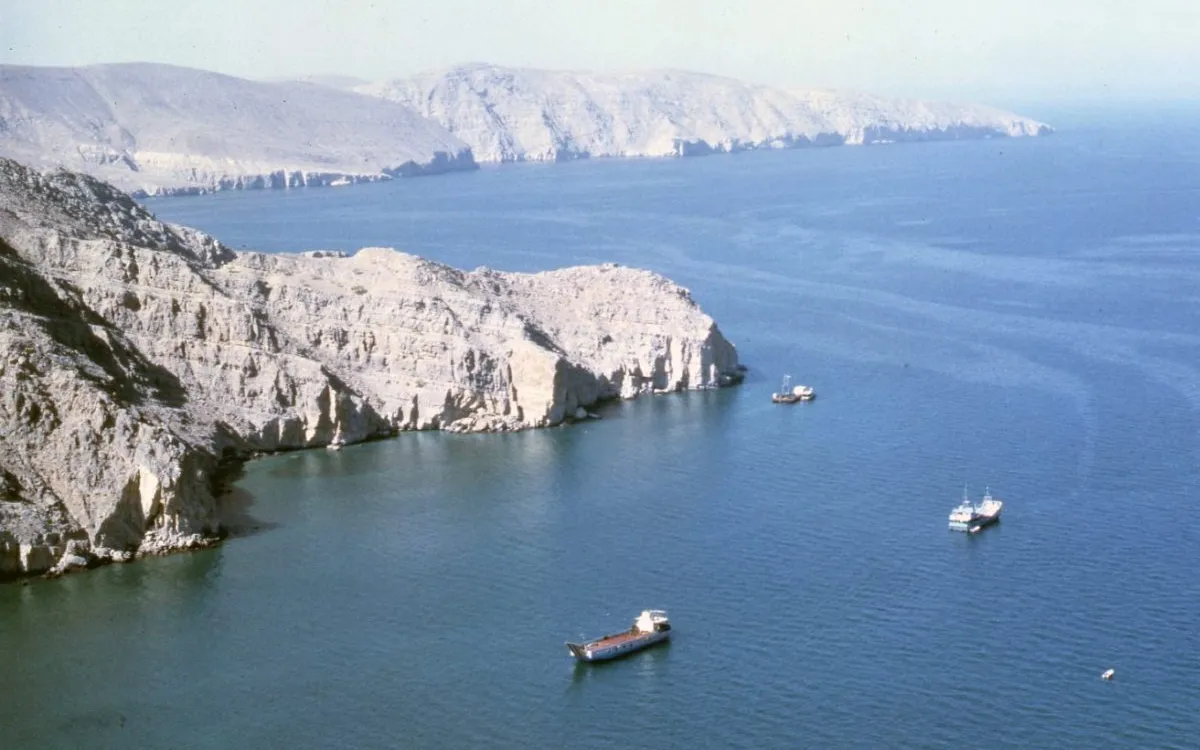
The Iranian Parliament has taken a significant step by approving a measure to potentially close the Strait of Hormuz, a crucial global oil choke point. This decision comes in response to the recent U.S. airstrikes targeting three nuclear sites in Iran, as reported by Iranian state media on Sunday. Although the Parliament's vote indicates a strong sentiment against U.S. actions, the ultimate decision will be made by the Supreme National Security Council of Iran.
Closing the Strait of Hormuz, which lies between Iran and Oman, could have dire consequences for the global economy, particularly for oil markets. This strategic waterway is a vital passage for approximately 20% of the world's crude oil supply. Such a move would not only disrupt global oil flows but could also escalate military tensions in the region, further complicating U.S. interests and relationships with other countries.
On Saturday night, President Trump confirmed that the U.S. had conducted airstrikes on three Iranian nuclear facilities located in Natanz, Isfahan, and Fordow— the latter situated within a mountain. Reports indicate that six bunker buster bombs were dropped on the Fordow site, while over two dozen Tomahawk missiles were launched at the other locations. The U.S. administration has characterized these strikes as a significant success, although it remains uncertain how effectively they have impacted Iran's nuclear program.
In the wake of these military actions, Iranian Foreign Minister Abbas Araghchi criticized the U.S., stating that it has "decided to blow up diplomacy" in its efforts to resolve tensions with Israel. He emphasized that the U.S.'s involvement in the strikes may lead to "everlasting consequences" for international relations in the region.
In a bid to prevent further escalation, U.S. Secretary of State Marco Rubio urged China to play a diplomatic role by encouraging Iran to refrain from closing the Strait of Hormuz. During an appearance on Fox News’s “Sunday Morning Futures with Maria Bartiromo,” Rubio highlighted China's heavy dependence on oil transported through the strait, suggesting that Beijing has a vested interest in maintaining stability in the region.
As the situation continues to develop, the potential closure of the Strait of Hormuz poses significant risks not only for regional stability but also for the global economy. Observers worldwide will be closely monitoring how both U.S. and Iranian leaders respond in the coming days.